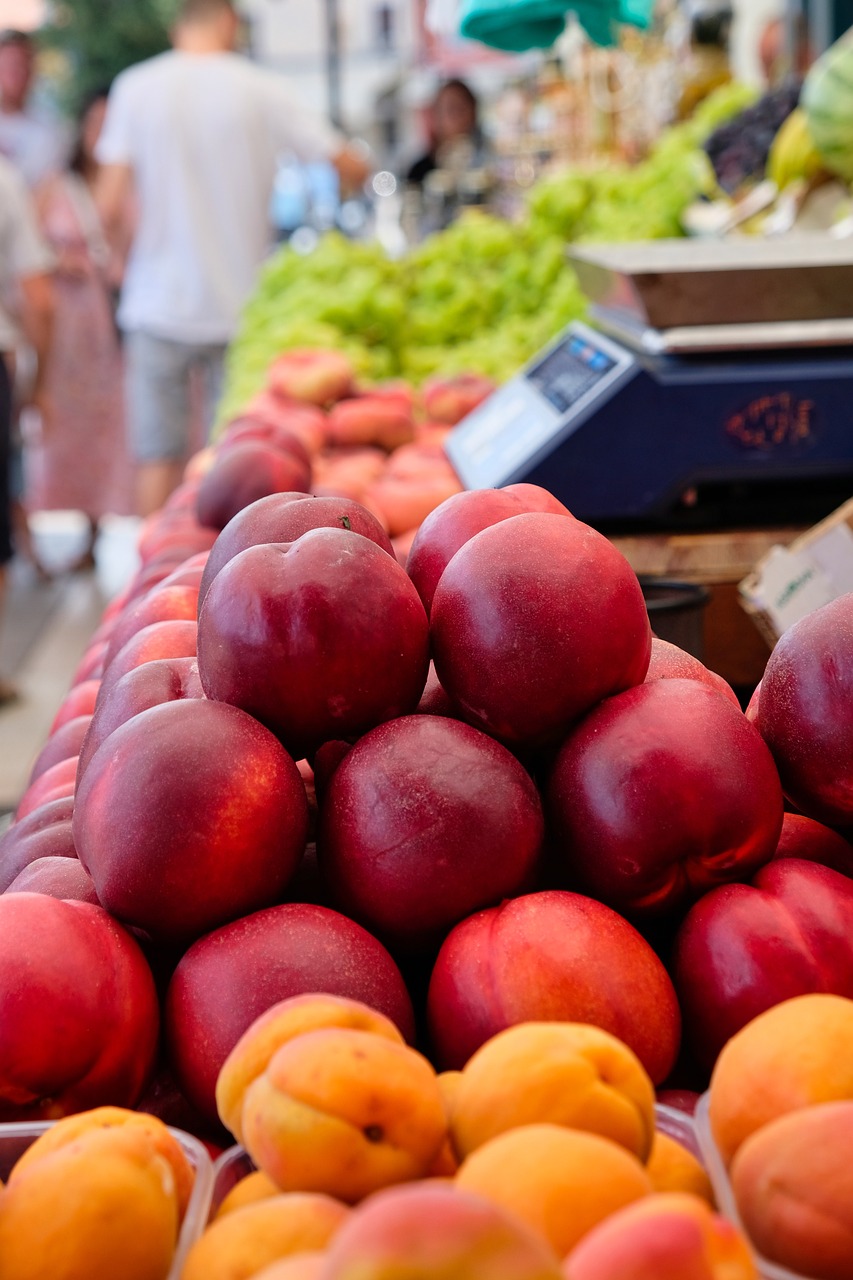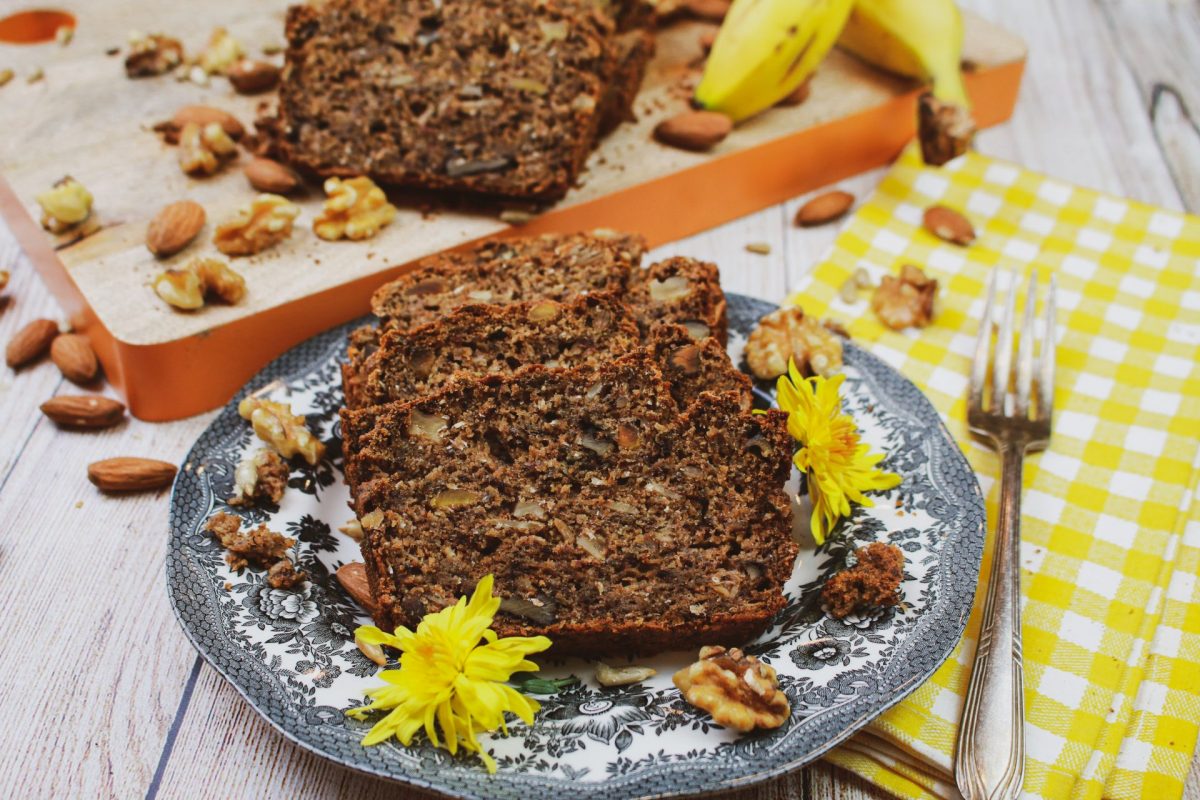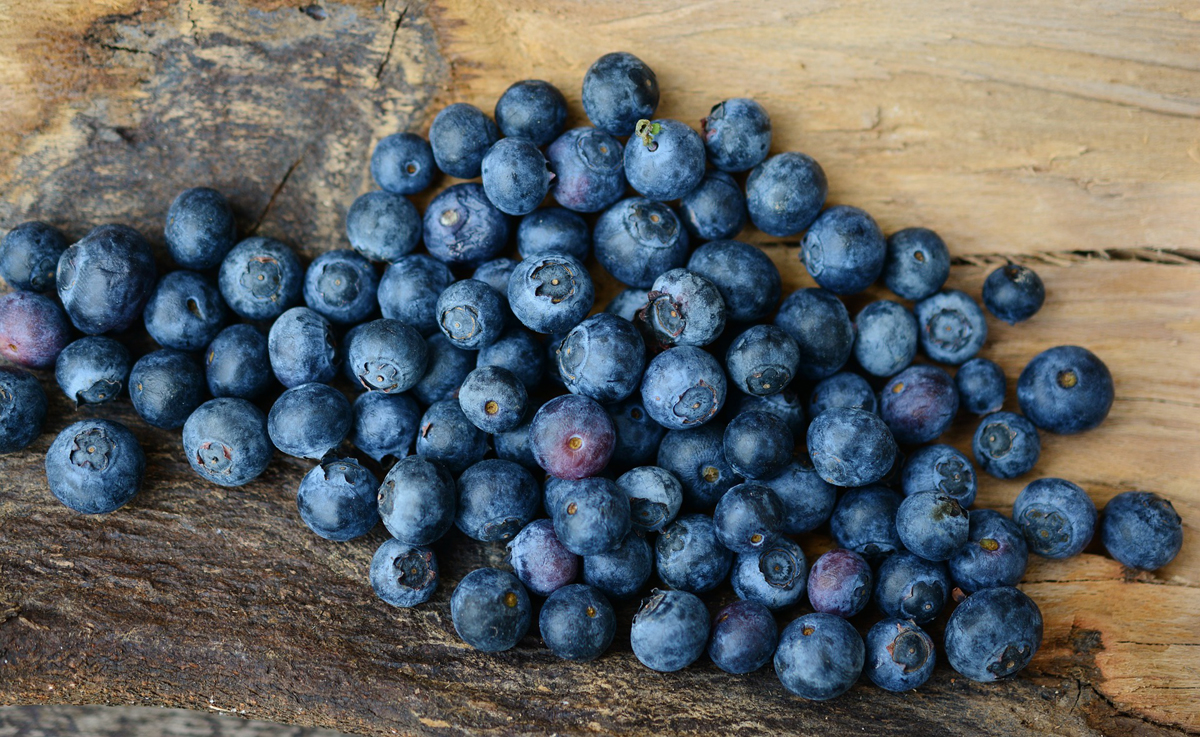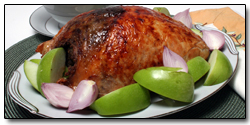How to Reduce Food Costs Without Going Hungry

Few things are more satisfying than seeing your grocery bill shrink at the cash register. To get there:
- Take a few simple steps.
- Start with a budget.
- Whether you’re an app-savvy whiz, a spreadsheet guru or prefer old-fashioned pen and paper, create a monthly budget for all your fixed and flexible expenses.
Round Up
Food is often one of the largest line items in a budget. While eliminating this item is unrealistic, reducing it is possible with simple tricks. The best trick is to avoid impulse buys at the grocery store by planning and shopping with a list. Several websites and smartphone apps can help you create and stick to a shopping list while offering discounts and promo codes. You can find GrubHub coupons online to assist you in ordering food.
Another easy way to save money on food is to track your favorite ingredients and their prices. Keeping track of the costs over time will allow you to predict when your ingredients are on sale. You can then plan your meals accordingly to maximize savings. Lastly, try to shop when you’re full. Grocery shopping when hungry can lead to impulsive buying and overspending. Eat a piece of fruit or yogurt before heading to the store, and try to limit your trip to just what you need.
Buy in Bulk
If you need help shopping for groceries on a budget, keep track of your spending for a few weeks. Using a budget app or recording each item in a notebook will give you a clear picture of your grocery spending. It may also show you it’s worth buying in bulk for certain things. For example, purchasing non-perishables like grains and canned goods in bulk can last years in the pantry or garage. To extend their shelf life, you can freeze some foods, such as meat and veggies. Another way to save when shopping in bulk is to avoid brand loyalty. It may seem counterintuitive, but most chefs shop generic for their staples. You can save by preventing name brands and stocking up on foods you use regularly—like salt, sugar, and baking soda. Finally, when shopping in bulk, focus on whole foods—the kind you can eat. For instance, a prepackaged salad will cost double what you’d pay for a head of lettuce and some simple homemade dressing. That extra effort can put money back in your wallet and reduce your grocery bill’s environmental impact.
Look for Sales
Grocery store sales can be a great way to stock up on items without breaking your budget. But make sure you are only buying what you need. Purchasing food that will expire before you can use it isn’t a bargain, no matter how cheap. Buying name-brand products on sale may be tempting, but many grocery stores have versions of popular brands that cost less. Try the store brand at least once, and it’s just as good without the price tag. Plus, many supermarkets offer money-back guarantees if you aren’t satisfied with their food. When shopping, keep a calculator handy to add up your bill. That way, you’ll know if you are getting a good deal. Also, avoid shopping while hungry, which can lead to unhealthy choices. If you have a few supermarkets nearby, shop for the best prices on your favorite foods. It will help you figure out when a certain item is at its lowest price so that you can stock up. Generally speaking, grocery stores follow a six-week sales cycle. So, if an item is at its lowest price this week, it won’t be that low again for another six weeks. Harris-Pincus says that if you see something on sale, buy enough to last until the next sale.
Avoid Impulse Buys
The food budget is one of the largest expenses in a household, especially for a family. While it is possible to reduce this expense, it requires planning and discipline. The most effective strategies involve buying in bulk, shopping sales, and avoiding impulse buys. These money-saving tricks will also help you eat healthier, saving even more. Plan what you will eat for the next few days before you shop, and stick to your list as much as possible. It will keep you from making unhealthy impulse buys and help you find better deals by comparing prices. It’s a good idea to make your grocery list as specific as possible, including numbers (how many cans of soup) and brand names, so you stay focused on enticing impulse buys at the checkout counter. Avoid grocery stores at night when they are more crowded and prone to demonstration cooking displays, tastings, and other marketing ploys. Don’t shop when hungry, either; it is harder to stick to a list and resist purchasing food that was not on it in the first place. Carry a small snack before your trip to the store to prevent hunger-driven spending. If you make rash purchases, establish clear financial goals. It can help you stay focused and motivate you to resist impulse buys, and it can also help you determine how much discretionary spending is appropriate for your lifestyle.
Photo. Alandsmann








